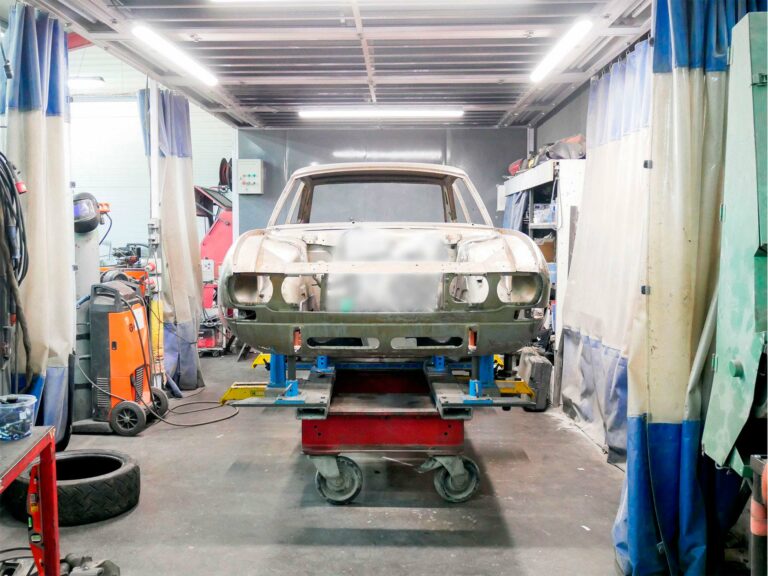Bioethanol, particularly Superethanol E85, offers several advantages in terms of efficiency and performance (1, 2). Here is a more detailed analysis:
Economic and Environmental Advantages
Superethanol E85, composed of 85% ethanol and 15% gasoline, is generally cheaper than regular petrol (1). In France, the average price of Superethanol E85 is around €0.75 per liter, compared to €1.90 for SP95-E10 petrol (1). This price difference is primarily due to lower taxes on bioethanol (1). With a fuel consumption of about 8 L/100 km, a driver could save approximately €1,400 per year on fuel costs (1).
From an ecological standpoint, Superethanol E85 helps reduce greenhouse gas emissions and fine particulate pollution (1). The CO₂ released during the combustion of bioethanol is absorbed by the plants grown to produce this fuel, making its life cycle almost carbon neutral (3).
Engine Performance Benefits
Superethanol E85 has a higher octane rating than conventional petrol, which enhances combustion and boosts engine performance (2). The octane number indicates a fuel’s resistance to auto-ignition; a higher rating allows for more efficient combustion and greater power output (2).
In fact, the octane rating measures the fuel’s resistance to knocking, and a higher number enables better combustion and improved power delivery (2). Many drivers and motorsport teams choose this biofuel for its performance benefits and lower emissions (2). For instance, some racing competitions, such as the Formula 1 World Championship, have experimented with ethanol-based fuels to reduce environmental impact while improving vehicle performance (3).
In conclusion, superethanol E85 offers significant economic, ecological, and performance advantages, making it an appealing choice for everyday drivers and motorsport enthusiasts alike.




